Home>Garden Essentials>How Long Does It Take For Cauliflower To Germinate
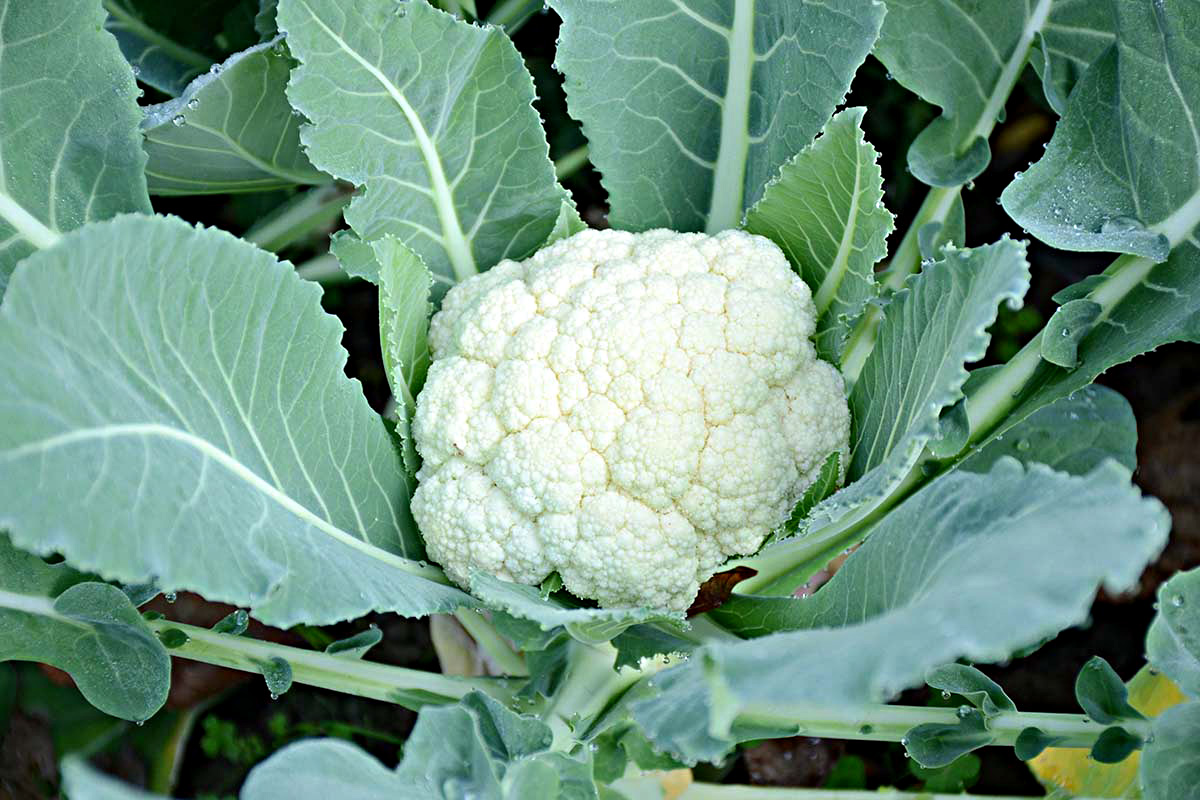

Garden Essentials
How Long Does It Take For Cauliflower To Germinate
Modified: March 16, 2024
Discover how long it takes for cauliflower to germinate in your garden. Get valuable insights and tips to ensure successful growth.
(Many of the links in this article redirect to a specific reviewed product. Your purchase of these products through affiliate links helps to generate commission for Storables.com, at no extra cost. Learn more)
Introduction
Gardening enthusiasts often find joy in growing their own vegetables and witnessing the miracle of life unfold before their eyes. One vegetable that captures the attention of many gardeners is cauliflower. Known for its versatile culinary uses and high nutritional value, cauliflower is a popular choice for home gardeners.
One of the key stages in the life cycle of a cauliflower plant is germination. Understanding the germination process and how long it takes for cauliflower seeds to germinate is essential for successful cultivation. In this article, we will dive into the world of cauliflower germination, exploring the factors that affect the germination time and providing tips for a successful germination process.
So, let’s dig in and discover the fascinating journey from seed to plant!
Key Takeaways:
- Patience and care are key to successfully growing cauliflower from seeds. Providing optimal conditions like warmth, moisture, and quality seeds can lead to a bountiful harvest.
- Understanding the germination process and factors like temperature and moisture can help gardeners achieve successful cauliflower seed sprouting. Happy gardening!
What is Germination?
Germination is the process by which a seed transforms into a new plant. It is the vital starting point in the life cycle of a plant, where the seed breaks dormancy and begins to sprout, ultimately leading to the development of roots, stems, and leaves.
When we talk about germination, we are essentially referring to the awakening of a seed. Seeds are remarkable structures that contain the embryo of a plant, surrounded by various protective layers. These layers serve to safeguard the embryo and ensure its proper development until the optimal conditions for growth are met.
During germination, the seed absorbs water, causing it to swell and initiate biochemical processes within the embryo. Enzymes within the seed are activated, triggering metabolic reactions that break down stored food reserves. This nourishment fuels the germinating seed and provides the energy needed for growth.
As the seed continues to imbibe water and nutrients, the embryo rapidly expands, exerting pressure within the seed coat. Eventually, a tiny root, known as the radicle, emerges from the seed, seeking anchorage in the soil. Simultaneously, the shoot, or the plumule, grows upward, seeking sunlight for photosynthesis.
Germination is a critical phase for plants, as it marks the transition from a dormant seed to an actively growing plant. The success of germination significantly impacts the overall growth and productivity of the plant throughout its life cycle.
Germination Process of Cauliflower Seeds
Germinating cauliflower seeds is an exciting and rewarding experience for gardeners. Understanding the germination process and following proper techniques can greatly increase the chances of successful seed sprouting. Here is a step-by-step breakdown of the germination process of cauliflower seeds:
- Seed Selection: Choose high-quality cauliflower seeds from a reliable source. Look for seeds that are plump, firm, and free from damage or disease.
- Preparing the Growing Medium: Fill small seed trays or pots with a seed starting mix that is well-draining and rich in organic matter. Moisten the soil before sowing the seeds.
- Sowing the Seeds: Gently press the cauliflower seeds into the soil, spacing them about an inch apart. Cover the seeds with a thin layer of soil or vermiculite, keeping it loose to allow for proper airflow.
- Watering: After sowing, water the seeds gently using a fine mist or a watering can with a rose attachment. The goal is to moisten the soil without creating standing water or causing the seeds to dislodge.
- Providing Optimal Conditions: Place the seed trays or pots in a warm location that receives ample sunlight or under grow lights. Maintain a consistent temperature of around 70-75°F (21-24°C) for optimal germination.
- Ensuring Moisture: Throughout the germination process, it is essential to keep the soil moist. Regularly check the moisture levels and water as needed, being careful not to overwater, which can lead to damping-off disease.
- Germination: Under the right conditions, cauliflower seeds typically germinate within 7-14 days. As germination occurs, you will notice the emergence of tiny seedlings with cotyledons, the first sets of leaves.
- Transplanting: Once the seedlings have grown to a suitable size with a few sets of true leaves, they can be transplanted into larger containers or directly into the garden bed.
By following these steps and providing the ideal growing conditions, you will set the stage for successful cauliflower seed germination.
Factors Affecting Germination Time
The germination time of cauliflower seeds can vary depending on several factors. Understanding these factors will help you better manage and predict the germination process. Here are some key factors that can influence the germination time of cauliflower seeds:
- Temperature: Temperature plays a crucial role in germination. Cauliflower seeds prefer a temperature range of 70-75°F (21-24°C) for optimal germination. Higher temperatures can expedite germination, while lower temperatures can significantly slow it down.
- Moisture: Adequate moisture is essential for successful germination. Dry conditions can delay or inhibit seed germination, while excessively wet conditions can lead to rot or fungal diseases. Maintaining a consistent level of moisture in the soil throughout the germination process is key.
- Light: Most cauliflower seeds do not require light for germination and can be covered with a thin layer of soil. However, some varieties benefit from exposure to light during germination. It is recommended to check the specific requirements for the cauliflower variety you are growing.
- Seed Quality: The quality of the seeds used for germination can impact the germination time. Fresh, high-quality seeds tend to have higher germination rates and quicker sprouting compared to aged or low-quality seeds.
- Seed Dormancy: Some cauliflower varieties have seeds with natural dormancy mechanisms. These seeds require specific conditions, such as a period of cold stratification or scarification, to break dormancy and initiate germination. It is important to research the specific requirements of the cauliflower variety you are growing.
- Soil Conditions: The soil conditions, particularly its texture, drainage, and nutrient content, can influence germination time. Well-draining soil with good fertility promotes faster and healthier germination of cauliflower seeds.
It’s important to note that while all these factors can impact germination time, there can still be some natural variation between individual seeds even under optimized conditions. Therefore, it’s always good practice to sow a few extra seeds to account for any potential variations in germination.
Cauliflower seeds typically germinate within 5-10 days when planted in well-draining soil with plenty of sunlight and consistent moisture. Keep the soil consistently moist but not waterlogged to encourage germination.
Optimal Conditions for Cauliflower Germination
Providing optimal conditions for cauliflower germination is essential to ensure successful seed sprouting and healthy plant growth. Here are the key factors that contribute to the best conditions for cauliflower germination:
- Temperature: Cauliflower seeds germinate best in temperatures ranging from 70-75°F (21-24°C). It is important to maintain a consistent temperature throughout the germination process to promote successful sprouting. Consider using a seedling heat mat or a warm location in your home or greenhouse if the ambient temperature is lower than the optimal range.
- Moisture: Adequate moisture is crucial for cauliflower seed germination. Keep the soil consistently moist during the germination period, but avoid overwatering, as it can lead to fungal diseases. Mist the soil gently or use a bottom-watering technique to avoid disturbing the seeds.
- Light: Most cauliflower varieties do not require light for germination and can be covered with a thin layer of soil. However, some varieties may benefit from exposure to light during germination. Check the specific requirements of the cauliflower variety you are growing to determine whether light is necessary.
- Air Circulation: Proper air circulation is important for preventing fungal diseases and promoting healthy seedling growth. Ensure that the growing area has adequate ventilation and avoid overcrowding seed trays to allow for proper airflow.
- Seed Depth: Sow cauliflower seeds at the recommended depth, typically around ¼ to ½ inch deep. Sowing seeds too shallow or too deep can affect germination rates and the overall success of seed sprouting.
- Soil Quality: Prepare a well-draining seed starting mix or use pre-mixed seedling soil. The soil should be loose, light, and rich in organic matter to provide nutrients and facilitate root development.
By creating an environment that meets these optimal conditions, you will maximize the chances of successful cauliflower seed germination. Remember to monitor the moisture levels, temperature, and airflow regularly to ensure a favorable germination environment.
Read more: How Long Does It Take Millet To Germinate
Average Germination Time for Cauliflower Seeds
The germination time for cauliflower seeds can vary depending on various factors, including seed quality, environmental conditions, and the specific variety of cauliflower being grown. On average, cauliflower seeds take around 7-14 days to germinate.
However, it’s important to note that this is an estimate and not an exact timeline. The germination process can be influenced by factors such as temperature, moisture levels, seed viability, and seed dormancy mechanisms.
Optimal soil temperatures of about 70-75°F (21-24°C) can expedite the germination process, while lower temperatures can lengthen the germination period. It’s crucial to provide consistent warmth to the seeds for quicker and more uniform germination.
Moisture is another critical factor for successful germination. The soil should be kept consistently moist but not waterlogged. Irregular watering or allowing the soil to dry out can prolong the germination time or lead to seed failure.
Furthermore, some cauliflower varieties may have natural dormancy mechanisms that necessitate specific conditions to break the seed’s dormancy and initiate germination. Cold stratification or scarification methods may be required for these seed varieties, which can extend the germination time.
It’s worth mentioning that while the average germination time for cauliflower seeds ranges from 7-14 days, some seeds may sprout in as little as 4-5 days, while others may take longer, up to 3 weeks. Variations in germination times are normal and can occur even under ideal conditions.
As a gardener, it’s essential to be patient and monitor the germination progress regularly. If there are no signs of sprouting even after the maximum expected germination time has passed, it may indicate an issue with the seeds or the germination conditions. In such cases, it’s advisable to assess and adjust the factors that might be hindering germination.
Remember, every seed is unique, and while guidelines can provide a general idea of germination timelines, the actual germination time can vary. By providing the optimal conditions and closely observing the seeds’ progress, you can ensure a successful germination process for your cauliflower seeds.
Tips for Successful Germination
Germinating cauliflower seeds successfully requires careful attention to detail and adherence to proper techniques. Here are some valuable tips to improve the germination process:
- Select High-Quality Seeds: Start with fresh, high-quality cauliflower seeds from a reputable source. Look for seeds that are plump, firm, and free from any signs of damage or disease.
- Use Suitable Seed Starting Mix: Opt for a well-draining seed starting mix that is rich in organic matter. This will provide the right balance of moisture retention and airflow for healthy seed germination.
- Pre-Soak Seeds (Optional): Some gardeners find it helpful to pre-soak cauliflower seeds in lukewarm water for a few hours before sowing. This can help soften the seed coat and speed up the germination process.
- Proper Seed Depth: Sow the cauliflower seeds at the recommended depth, usually around ¼ to ½ inch deep. Planting seeds too shallow or too deep can affect germination rates and seedling development.
- Maintain Optimal Temperature: Cauliflower seeds prefer a temperature range of 70-75°F (21-24°C) for germination. Use a seedling heat mat or place the seed trays in a warm area to provide consistent warmth for quicker and more uniform germination.
- Ensure Adequate Moisture: Keep the soil consistently moist, but avoid overwatering. Use a misting bottle or a gentle watering can to avoid disturbing the seeds. Regularly monitor moisture levels to prevent drying out or waterlogging.
- Provide Sufficient Light: Most cauliflower seeds do not require light to germinate and can be covered with a thin layer of soil. However, if the specific variety requires light for germination, ensure they receive adequate exposure to light.
- Ensure Proper Air Circulation: Good air circulation is crucial for preventing fungal diseases. Avoid overcrowding seed trays and provide adequate ventilation to promote healthy seedling growth.
- Transplant Seedlings at the Right Time: Once the seedlings have grown a few sets of true leaves, they can be transplanted into larger containers or the garden bed. Timing is important to ensure the seedlings are strong enough for transplanting.
- Label and Document: Keep track of the varieties, sowing dates, and any observations you make during the germination process. This will help you identify successful techniques and make improvements for future germination attempts.
Remember, every gardener and garden is unique. While these tips provide a solid foundation for successful germination, it’s important to adapt and adjust according to your specific growing conditions and the needs of the cauliflower variety you are cultivating. Patience, attention to detail, and proper care will lead to healthy and thriving cauliflower seedlings.
Conclusion
Germinating cauliflower seeds is an exciting and crucial step in the journey from seed to plant. Understanding the germination process, the factors that influence germination time, and providing optimal conditions are key to successful seed sprouting. By following the tips outlined in this article, you can enhance your chances of achieving a bountiful harvest of healthy cauliflower plants.
Remember that each seed is unique, and even under the best conditions, there can be variations in germination time. Patience and careful observation are essential qualities for every gardener. Adjusting the environmental factors, such as temperature, moisture, light, and air circulation, can greatly impact the germination success rate.
Additionally, selecting high-quality seeds from reputable sources and using suitable seed starting mix further improve germination outcomes. Pre-soaking seeds, maintaining proper seed depth, and transplanting seedlings at the right time will ensure the plants have a strong start.
As you embark on your cauliflower germination journey, don’t forget to document your progress, noting any observations and learnings along the way. This valuable information will serve as a guide for future germination attempts and help you refine your techniques.
By sowing with care, providing the optimal conditions, and nurturing the seedlings, you will witness the magic of life unfolding as your cauliflower seeds sprout and transform into robust plants ready for an abundant harvest. So roll up your sleeves, get your hands dirty, and enjoy the satisfaction of growing your own cauliflower from seed!
Happy gardening!
Frequently Asked Questions about How Long Does It Take For Cauliflower To Germinate
Was this page helpful?
At Storables.com, we guarantee accurate and reliable information. Our content, validated by Expert Board Contributors, is crafted following stringent Editorial Policies. We're committed to providing you with well-researched, expert-backed insights for all your informational needs.
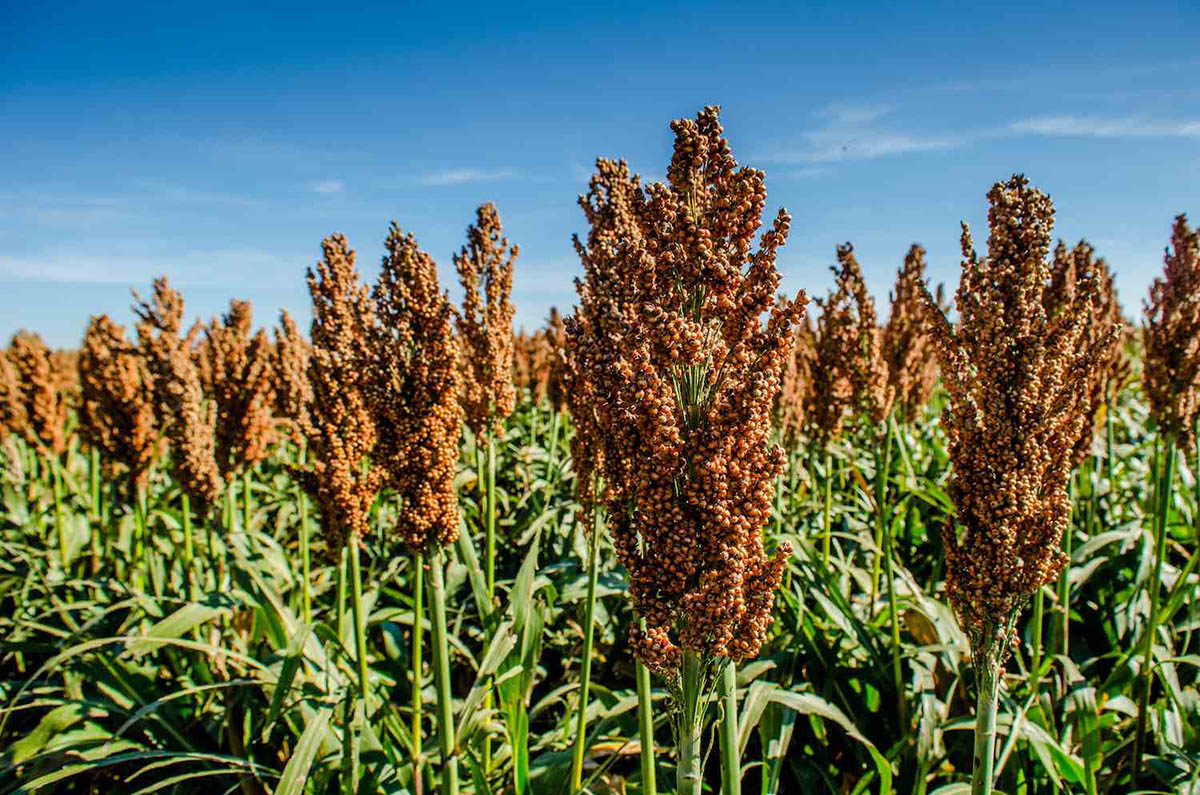
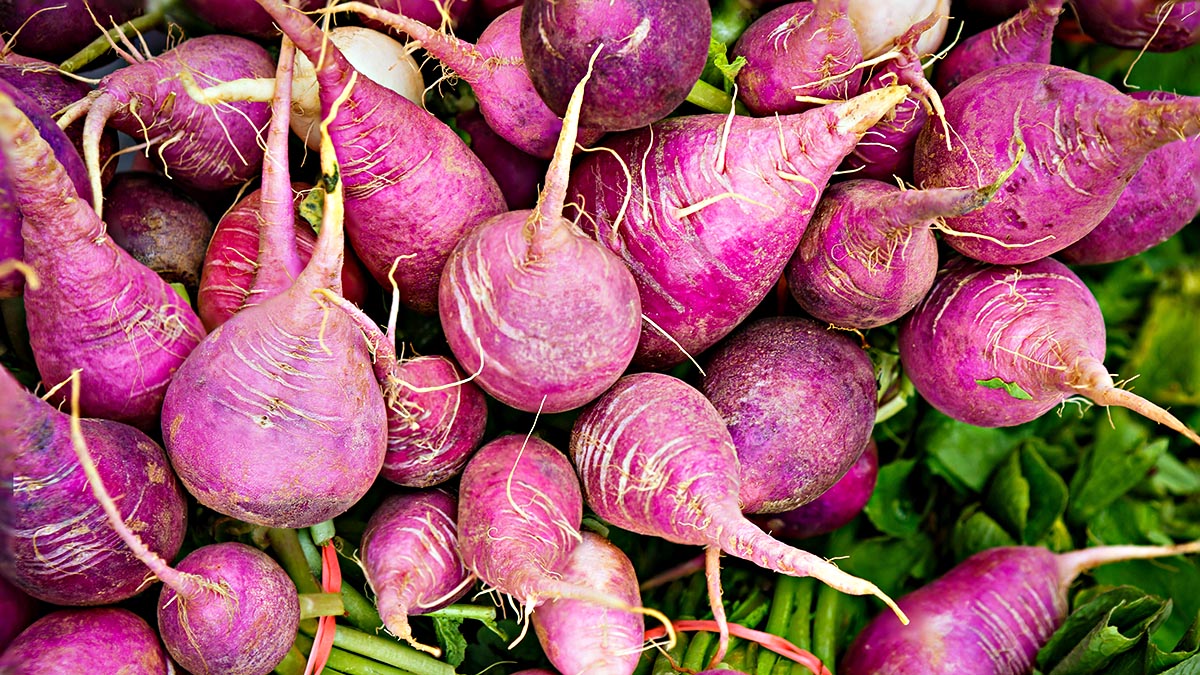
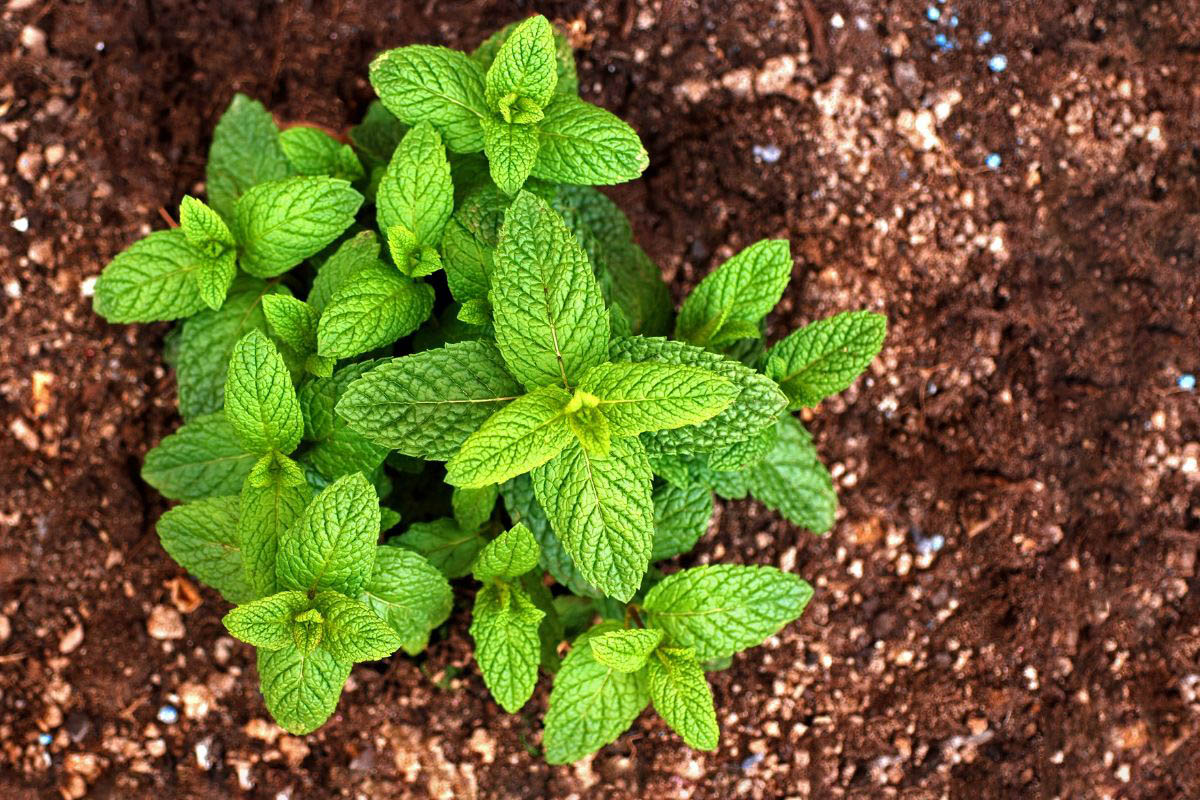

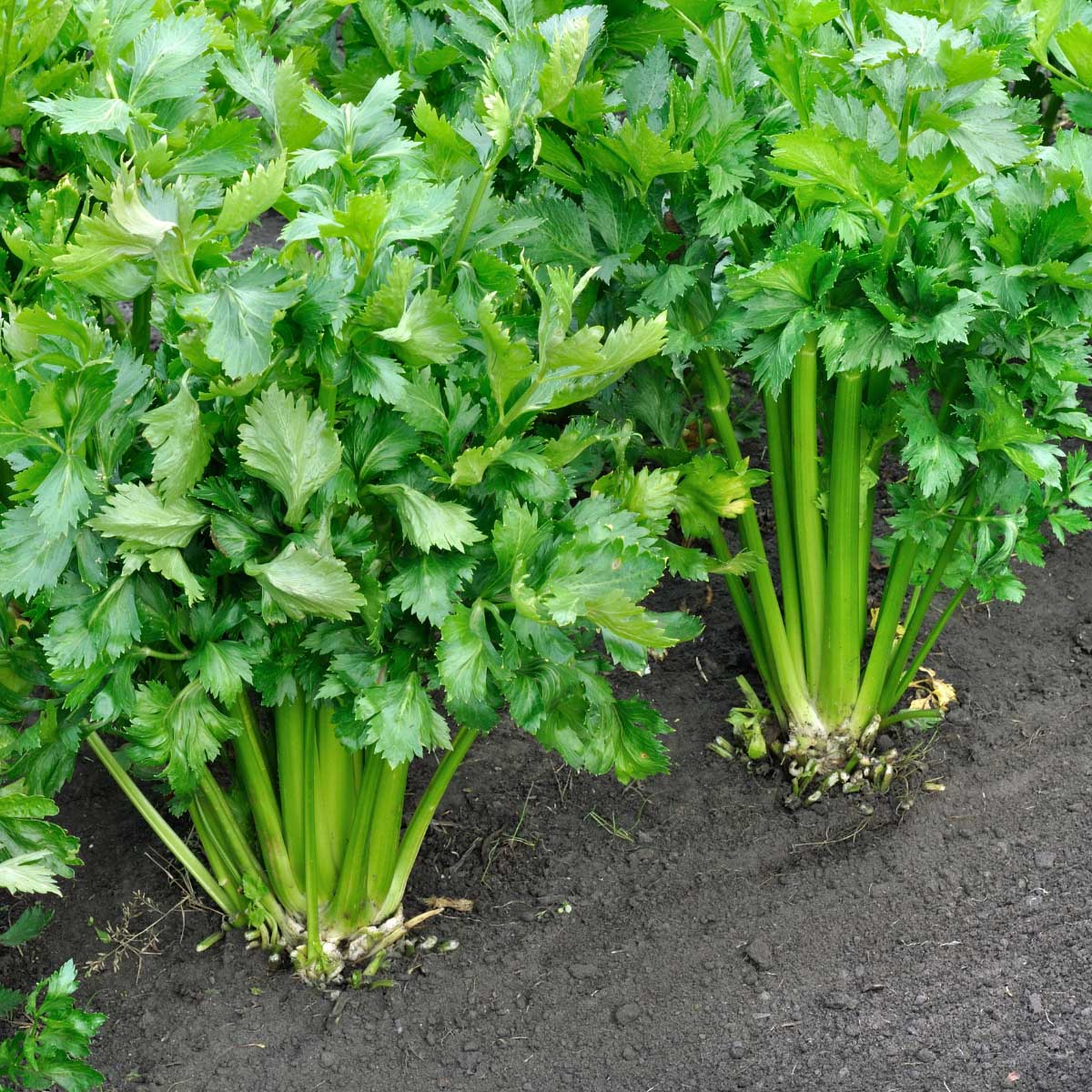
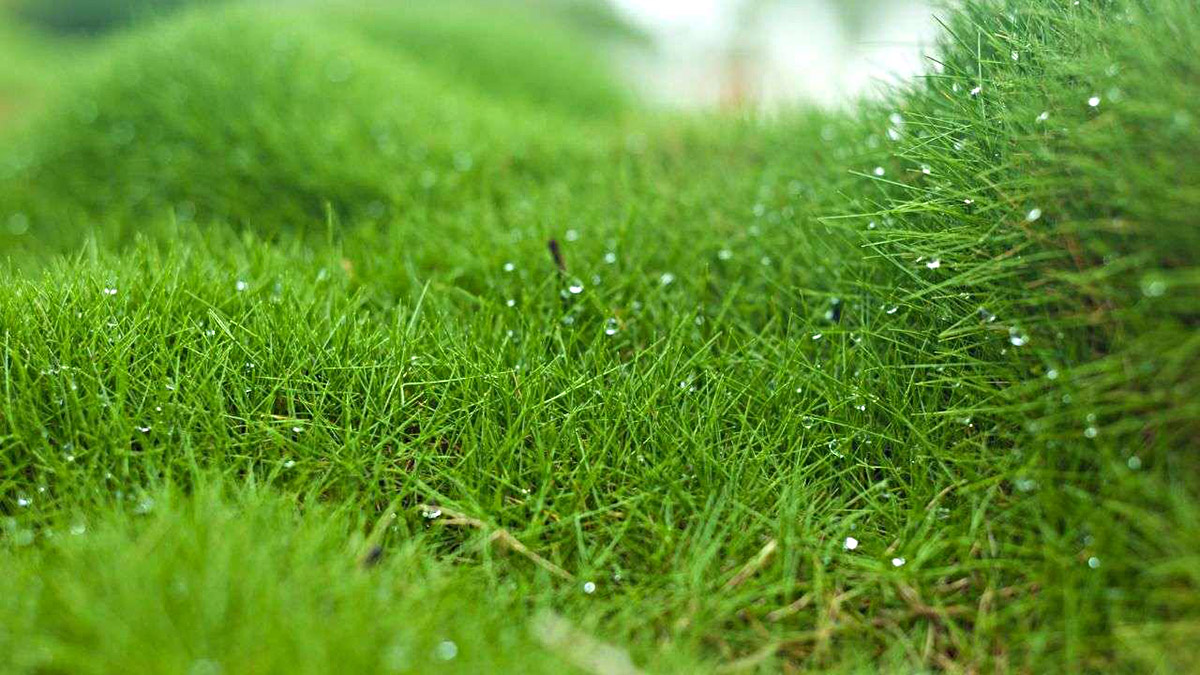
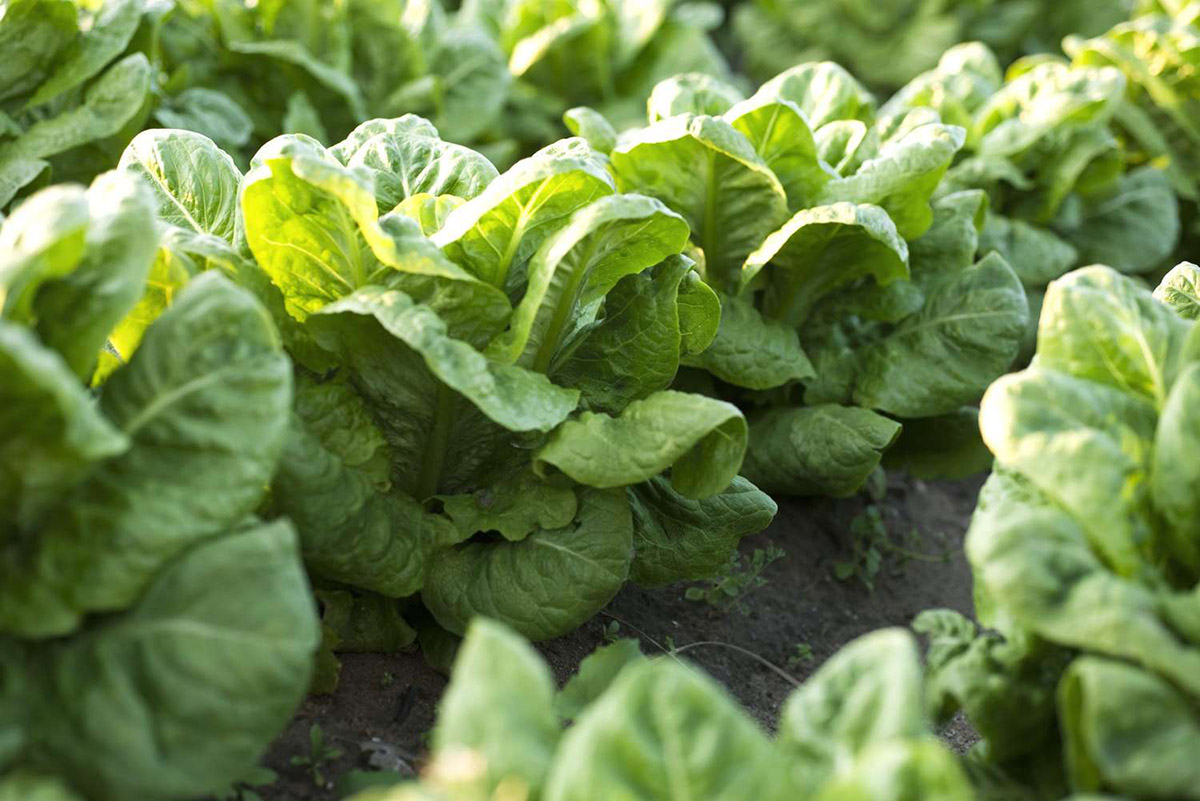
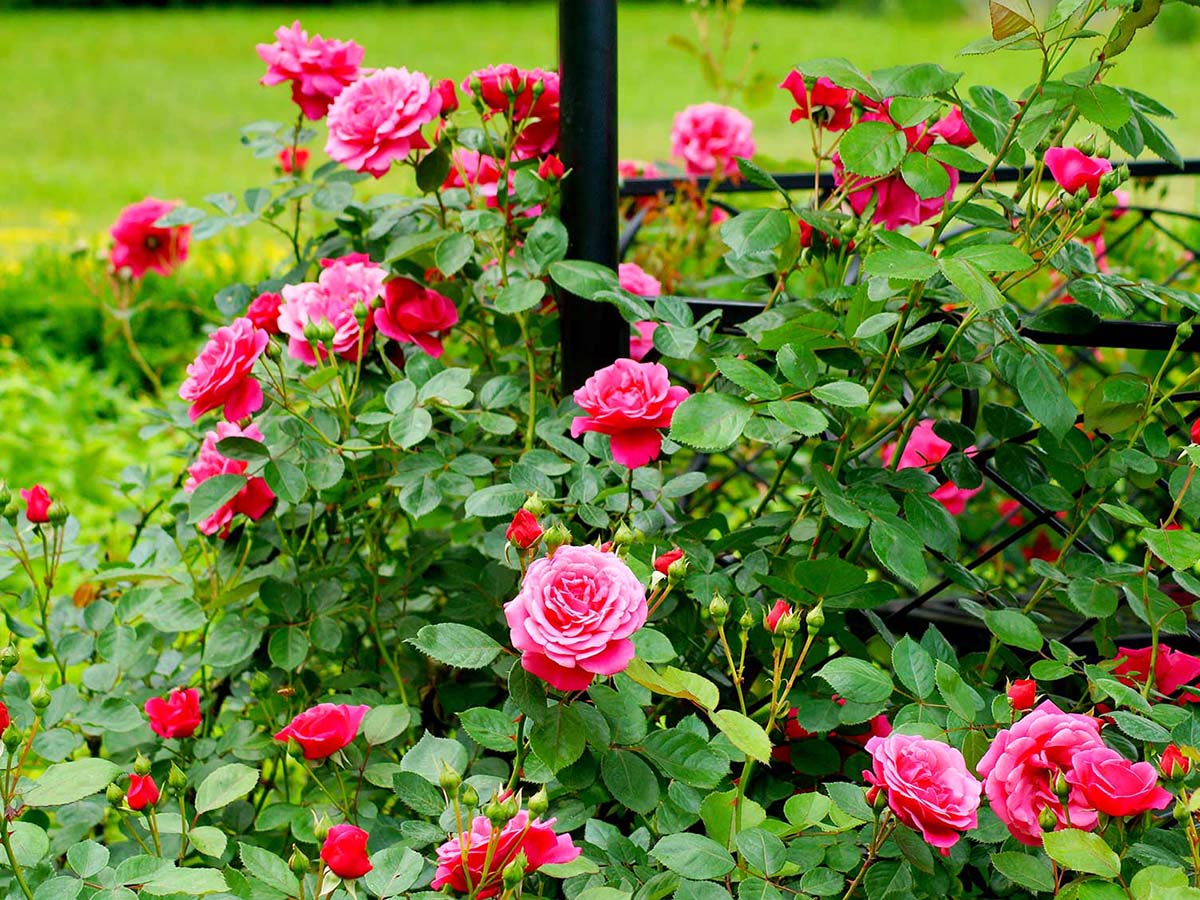
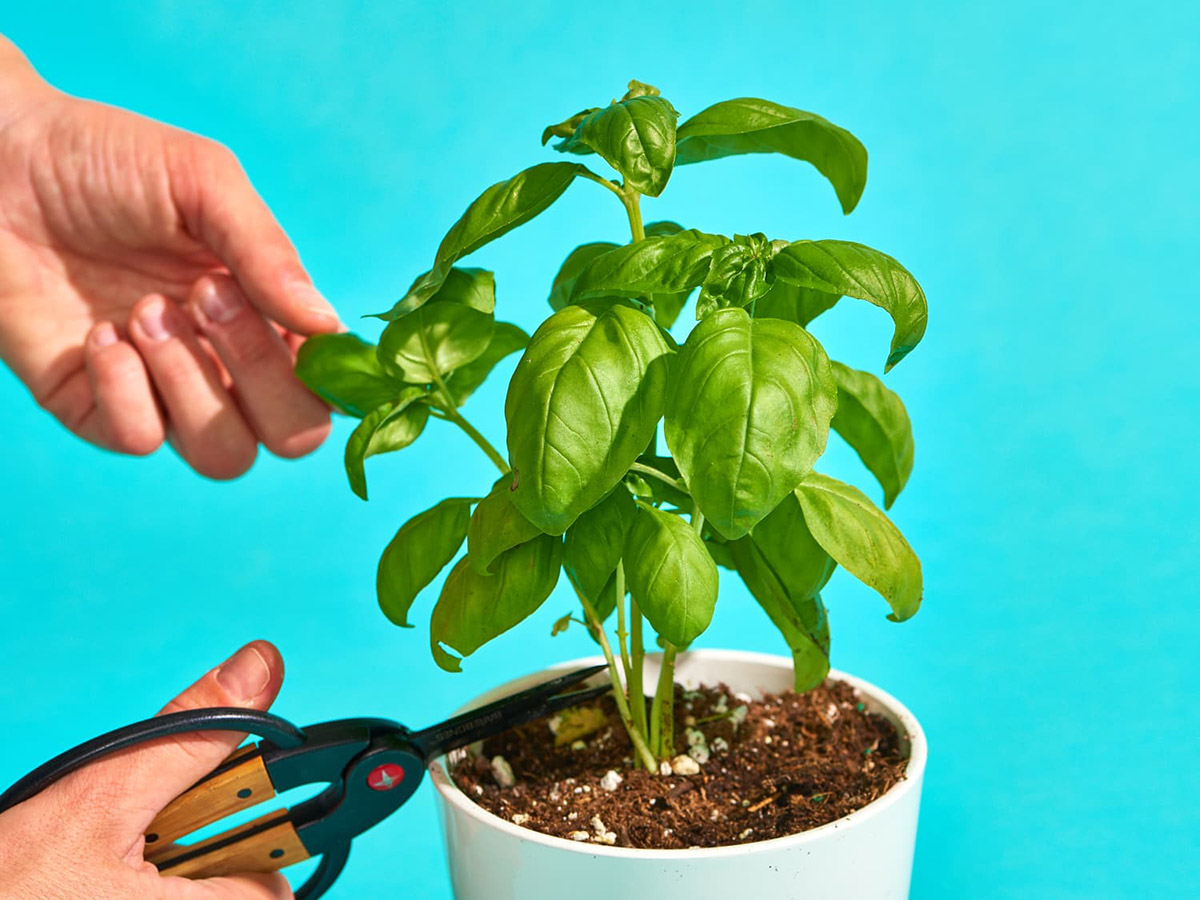
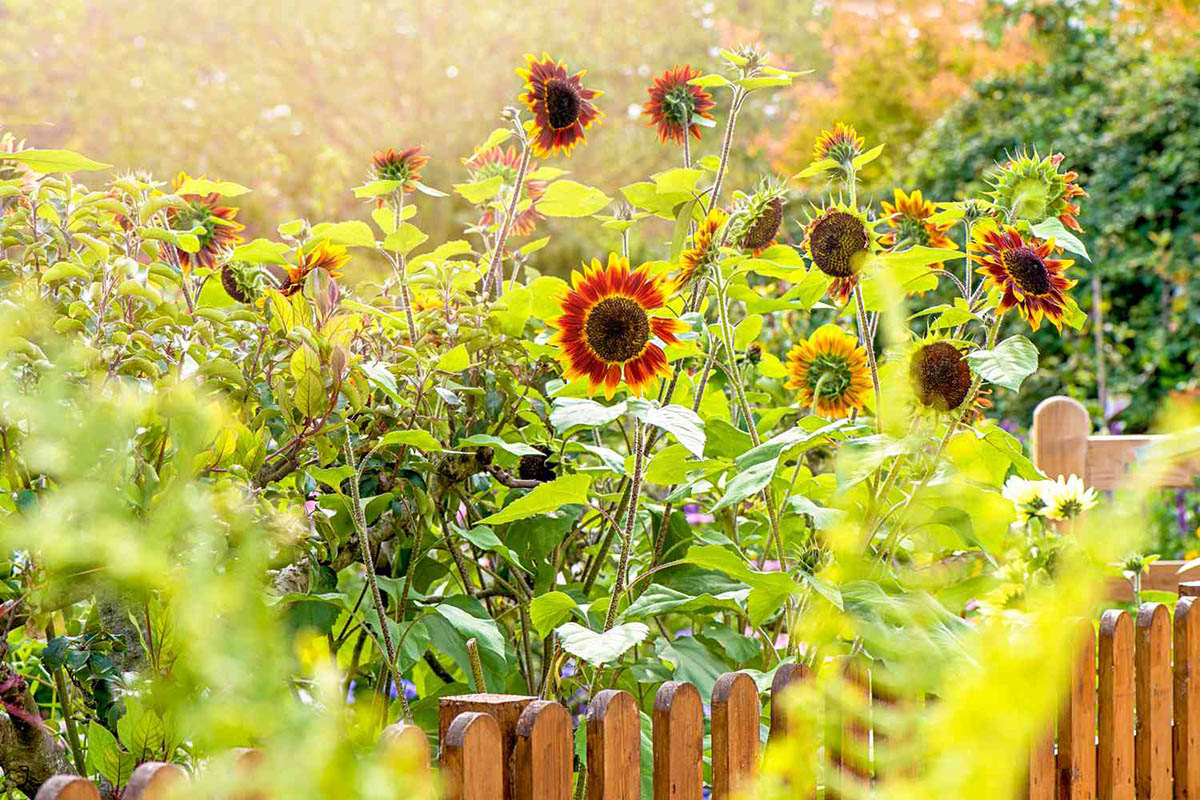
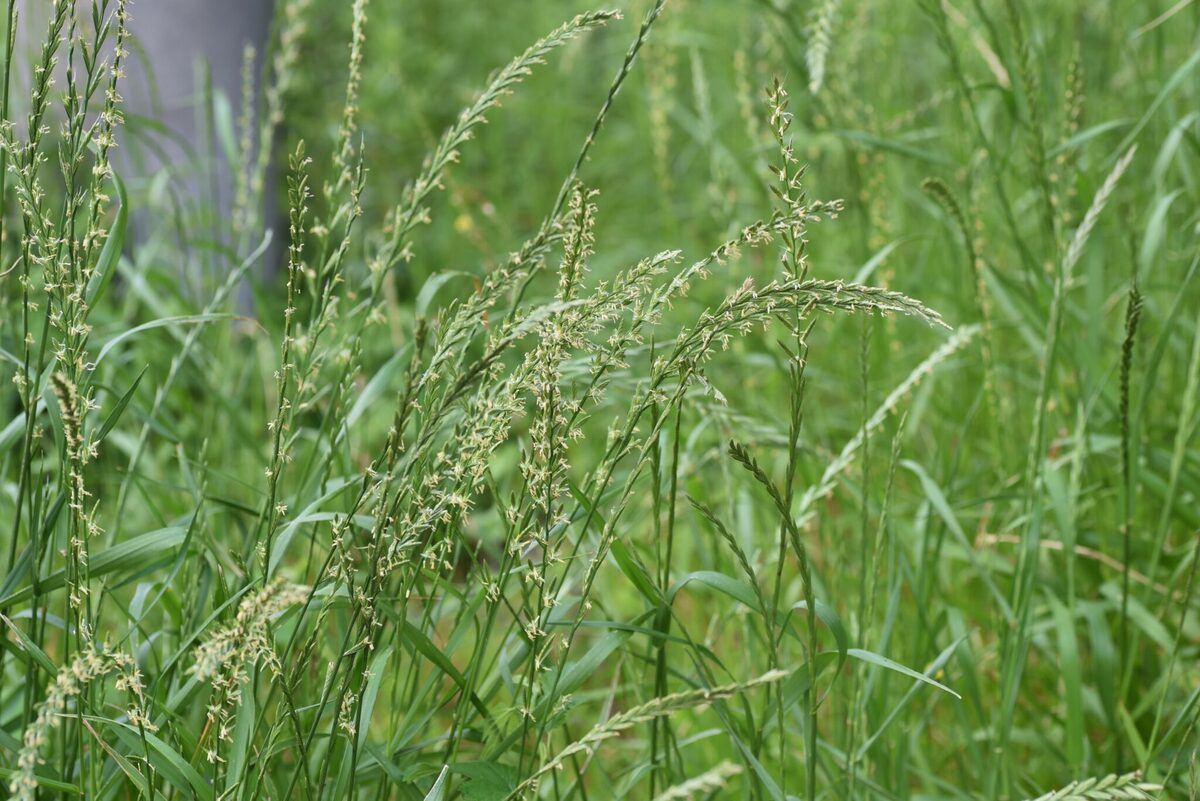
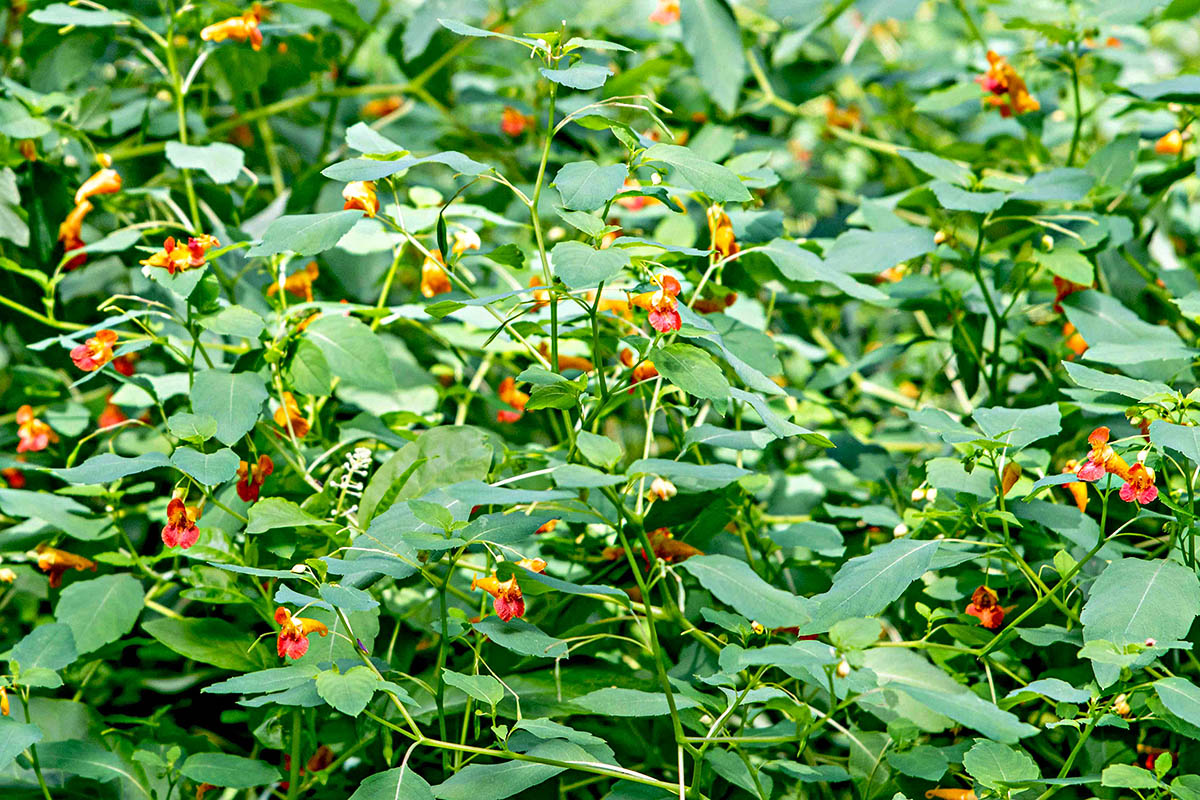
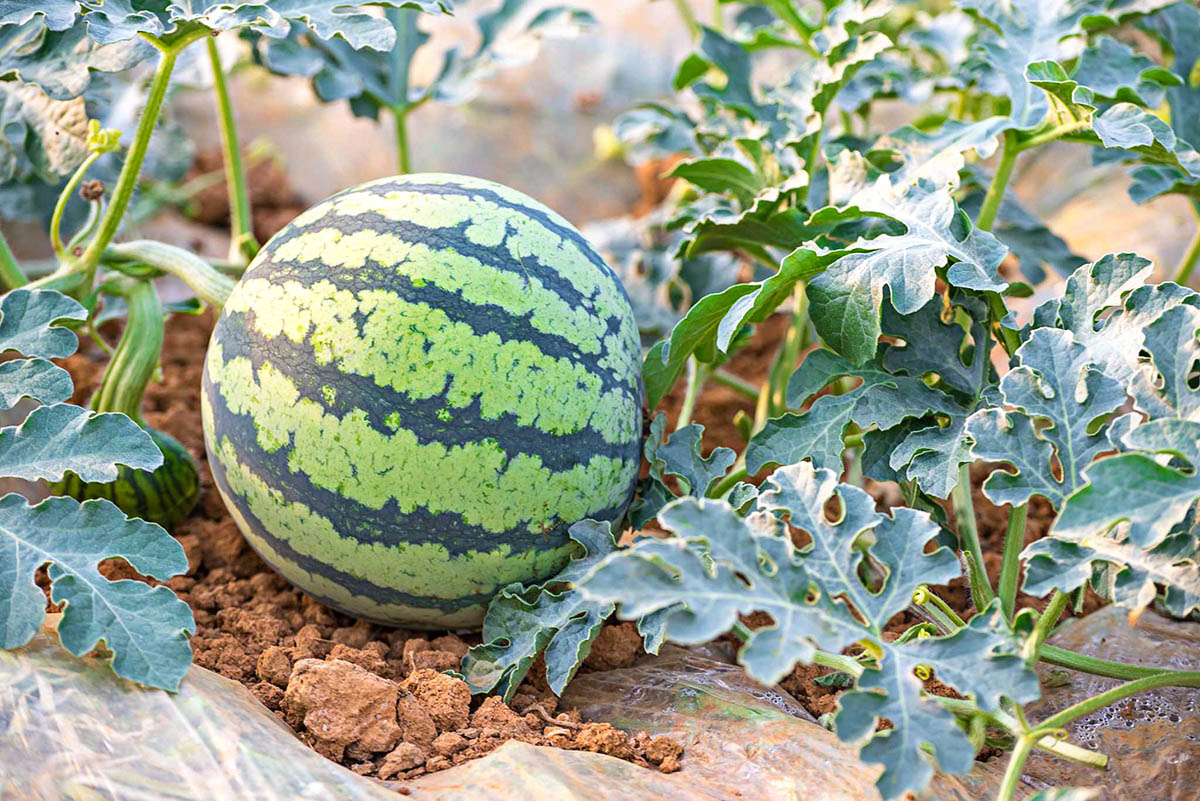
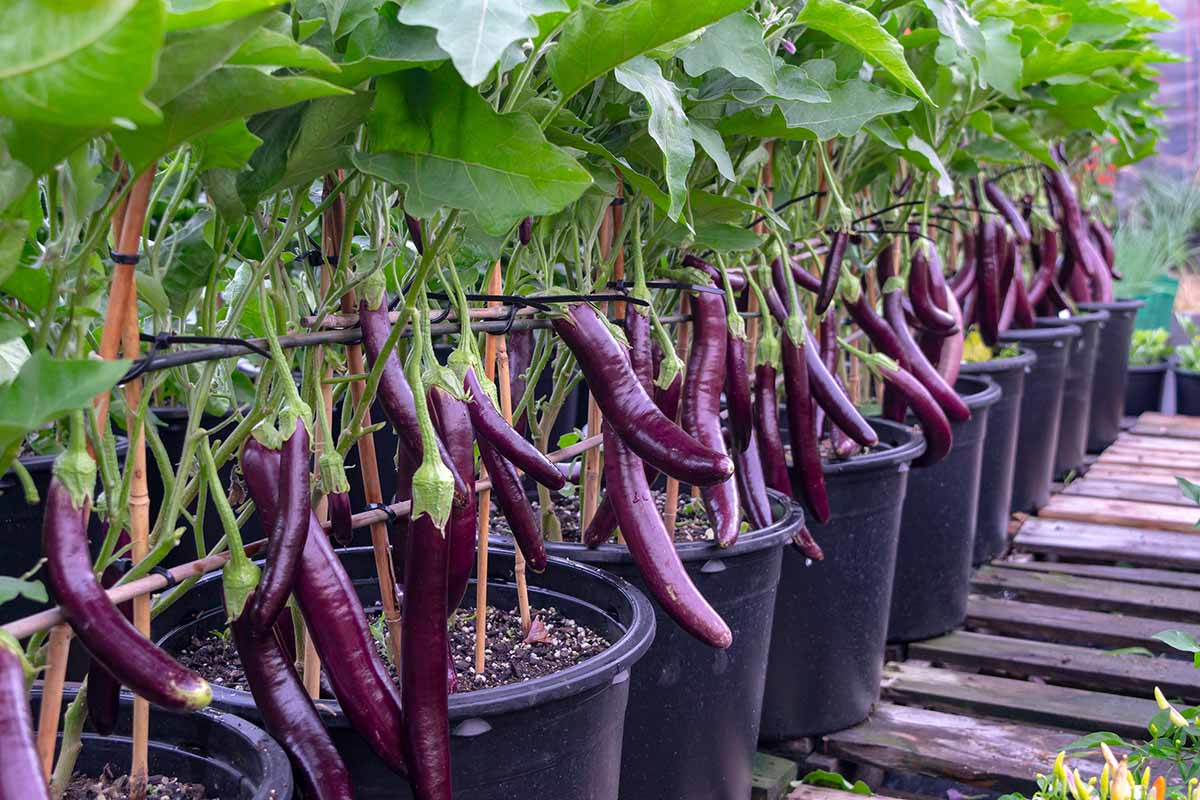

0 thoughts on “How Long Does It Take For Cauliflower To Germinate”